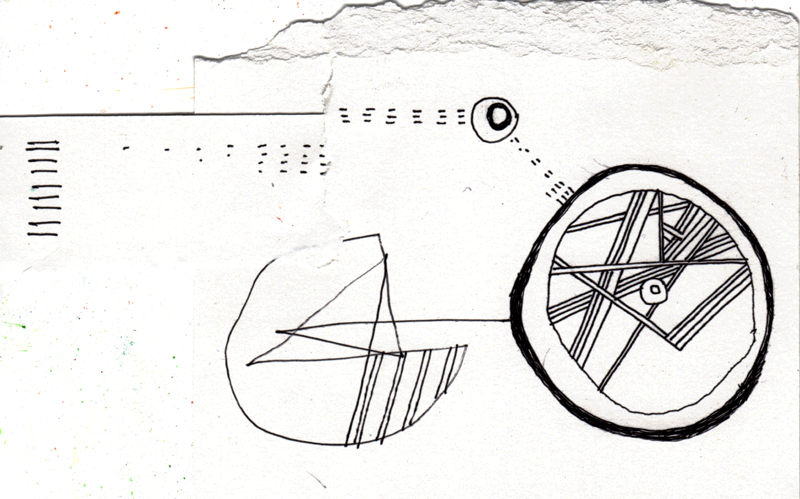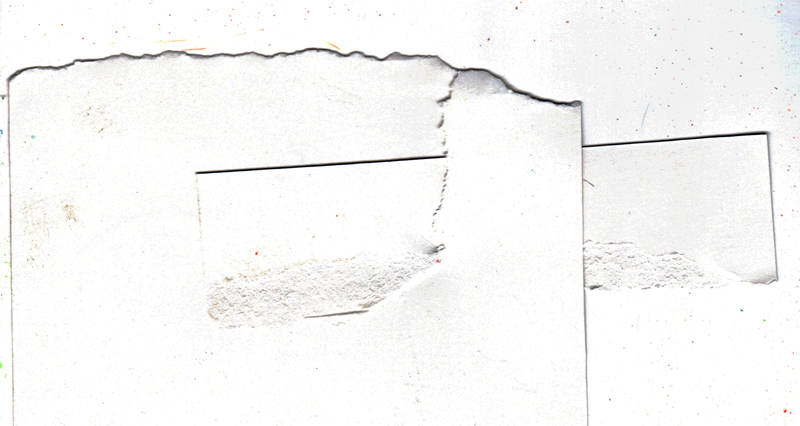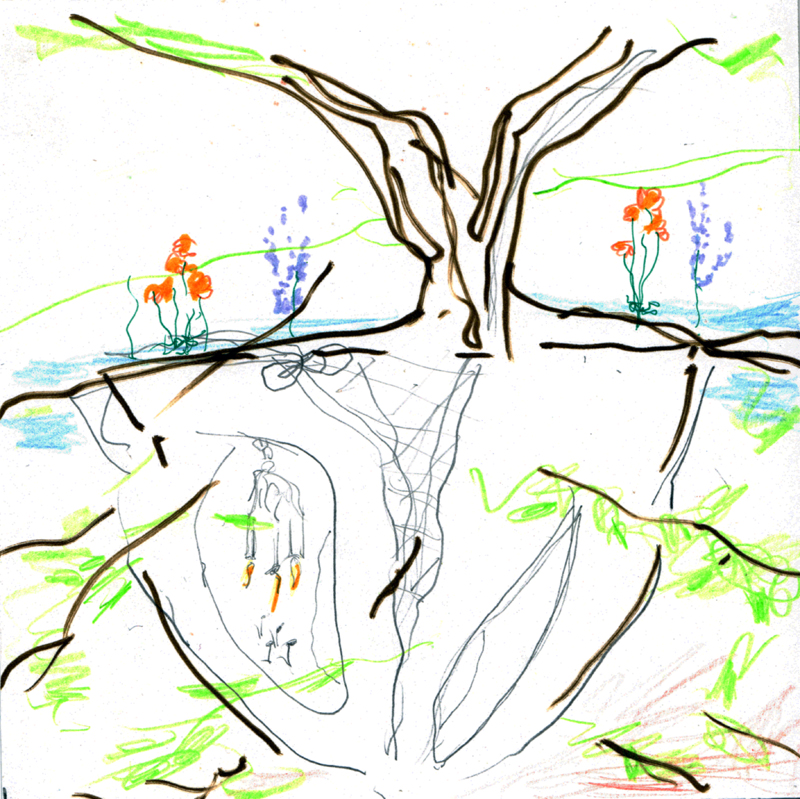My conversation starts with an artist from Portland, visiting family in Nebraska.
“In Portland, everything is about repurposing, not starting with anything new. The biggest difference between Nebraska and Portland is the absence of bicycles. In Portland they are pervasive in all-weather conditions. Matt is transitioning to self propulsion. “Once you accommodate, it seems natural to commute locally by bike.”
Matt shows me several of his paintings on his cell phone. Many are mappings, with intricate drawings of structures fit into organic environments.
We talk about Mary Mattingly’s work. Her focus on the need for creativity to survive. Realizing people do not know about life support systems they depend on. Mattingly says that in the future we will be creating them and adapting them as earth changes engulf our unsustainable way of life. Developing creative approaches is as important as technical solutions to problems. We need more flexible, movable, constantly adaptable life support systems. Many developed and applied at the personal level.
Matt and a friend each did a drawing and contributed to Thinking about the idea of Flock House in the 7 Questions.
1. Their response to NYC Flock House they are drawing in – “Beautiful in its simplicity, purity – white and natural wood tones. calm, open, airy.”
2. Spending time in the Flock House – “Yes, clears the mind, go back to basics of life.”
3. How to make Flock House self-sustaining – “Collect rain water in barrel, wind power, compost. Gardens.”
4. Recycled materials you would you use for a Flock House – “Aluminum, tin, glass jars. I love the white and wood, though, because aesthetics are important. It must be beautiful.”

Drawing by Friend of Matt from Portland – treehouse view – See the orientation of flowers and candles, musical notes.



